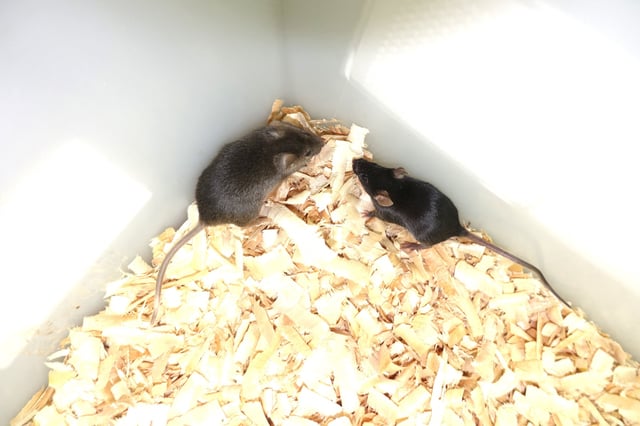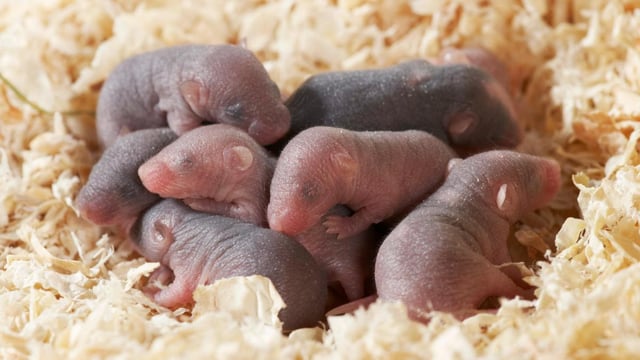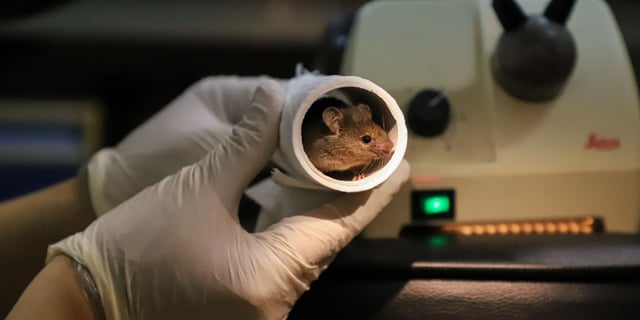Overview
- For the first time, researchers engineered mice with two male biological parents that survived to adulthood using embryonic stem cell techniques.
- The study targeted 20 key imprinting genes to address developmental barriers that previously made same-sex reproduction in mammals nonviable.
- Only 11.8% of embryos developed to term, with surviving mice exhibiting faster growth, reduced anxiety-like behaviors, and shorter lifespans.
- The findings offer insights into imprinting-related diseases and potential advancements in regenerative medicine, though ethical and technical challenges remain.
- The research team plans to refine this technique and extend it to larger animals, but human applications are restricted by current ethical guidelines.



